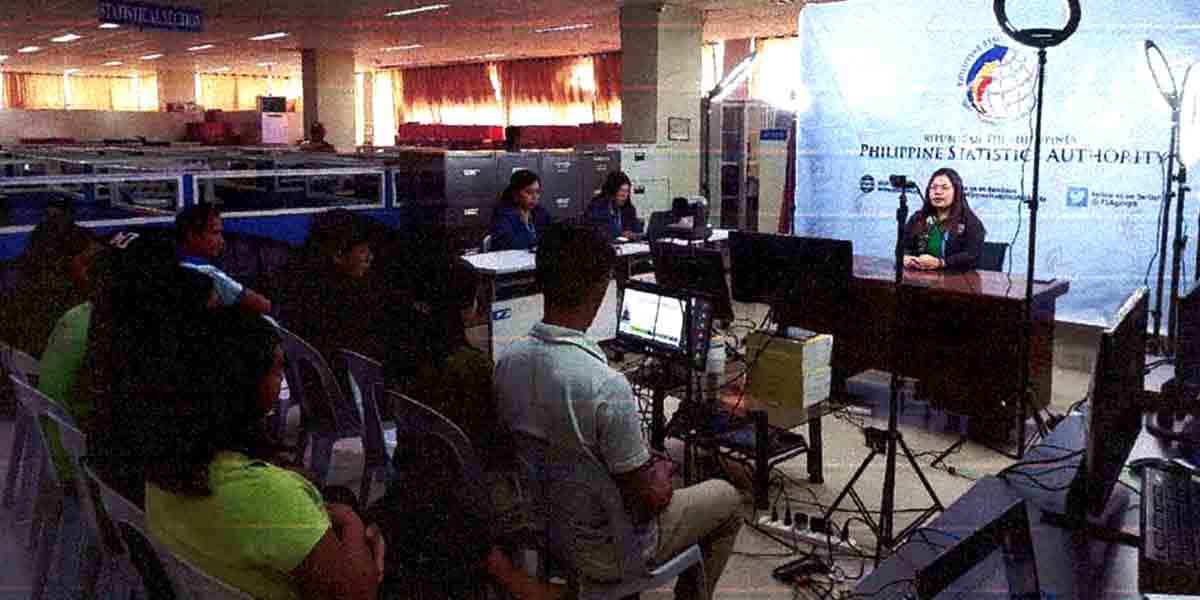The Monetary Board approved prudential measures to assist the micro-, small- and medium enterprise (MSME) sector carry on with its business during the corona virus disease (COVID-19) crisis, as well as hasten recovery and sustainability of MSME operations in the post-crisis period.
The MSME sector is a vital component of the Philippine economy owing to its capacity to generate employment and contribute to economic activity across a wide range of industry sectors. Based on 2018 statistics,[1] MSMEs accounted for 99.5 percent of the total business establishments operating in the country and generated 5.7 million jobs, equivalent to 63.2 percent of the country’s total employment. Moreover, the MSME sector contributed 35.7 percent in terms of value added and accounted for 25 percent of the total export revenue of the country.
The first set of measures by the Bangko Sentral ng Pilipinas (BSP) are amendments to the regulatory capital treatment of exposures to MSMEs, which free up capital and enable supervised financial institutions to extend more credit to the MSME sector.
These include the (a) temporary reduction in the credit risk weights of loans granted to MSMEs that are current in status, and (b) assignment of a lower risk weight for MSME exposures that are covered by guarantees.
a. Temporary reduction in the credit risk weight of MSME loans. The credit risk weight of loans granted to MSMEs that are in current status was reduced to 50 percent from 75 percent (for diversified MSME portfolio with at least 500 borrowers over a number of industries) and 100 percent (non-diversified MSME portfolio). The reduced credit risk weight is subject to review by the BSP by end-December 2021.
b. Assignment of zero percent risk weight for MSME loans that are covered by guarantees. The BSP approved the assignment of a zero-percent risk weight not only to loans that are guaranteed by the Philippine Guarantee Corporation but also to loans that are guaranteed by the Agricultural Guarantee Fund Pool and the Agricultural Credit Policy Council. The revision in the credit risk weight complements programs of the National Government that support financing to MSMEs as well as small farmers and fisherfolk.
To enable stand-alone thrift banks, rural banks and cooperative banks to continue to support their MSME- and rural community-based clients, the BSP deferred the implementation of the revised risk-based capital framework applicable to these banks under Circular No. 1079 dated 9 March 2020.
The revised capital adequacy framework will now take effect on 1 January 2023 instead of 1 January 2022. Moreover, the observation period of the revised framework will be extended from 31 December 2021 to 31 December 2022. The observation period provides these banks with enough time to meet the new minimum capital ratios through reasonable measures without disrupting their banking activities.
Lastly, the BSP lengthened the period of relief on the reporting of past due and non-performing loans of borrowers affected by the COVID-19 to 31 December 2021 from the original timeline of 8 March 2021 subject to reporting to the BSP.
These policy issuances reinforce earlier pronouncements of the BSP which recognize MSME loans as alternative compliance with the reserve requirement as well as relax the Know-Your-Customer requirements for retail clients to facilitate their access to formal financing channels.
Overall, these measures are expected to channel liquidity directly to the MSME sector while ensuring the health and safety of the financial system.


















